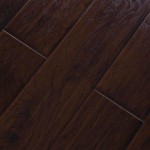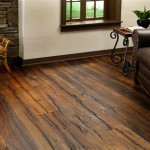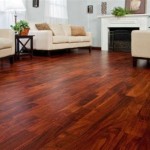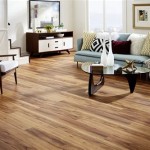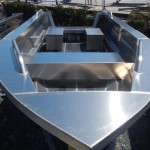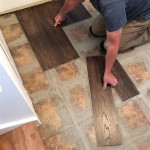Essential Aspects of Underlay for Engineered Hardwood Flooring
Engineered hardwood flooring is a popular choice for homeowners due to its durability, versatility, and affordability. However, the performance and longevity of your engineered hardwood flooring largely depend on the quality and compatibility of the underlayment. Here are some essential aspects to consider when choosing an underlay for engineered hardwood flooring:
Types of Underlay
There are two primary types of underlay: foam and felt. Foam underlay is typically made from polyethylene or polyurethane and provides excellent sound insulation, while felt underlay is made from recycled materials and offers moisture resistance.
Thickness and Density
The thickness and density of the underlay will affect its sound-dampening and moisture-blocking capabilities. Thicker and denser underlay provides better insulation, but can also raise the floor level, which may require adjustments to doorways and baseboards.
Vapor Barrier
Moisture is a major enemy of hardwood flooring, causing warping, buckling, and other issues. Choose an underlay with a built-in vapor barrier to prevent moisture from penetrating from the subfloor into the flooring.
Compatibility
Not all underlays are compatible with all types of engineered hardwood flooring. Some underlays may affect the warranty of your flooring, so be sure to check the manufacturer's recommendations.
Acoustic Properties
Engineered hardwood flooring can be noisy, especially in multi-story homes. An underlay with high sound-dampening properties can significantly reduce impact and airborne noise, improving the comfort and tranquility of your living space.
Environmental Considerations
Consider the environmental impact of the underlay. Look for underlays made from recycled or renewable materials, and those that are biodegradable or recyclable.
Cost
Underlay prices vary depending on type, thickness, and features. Determine your budget before making a purchase, but keep in mind that investing in a high-quality underlay can extend the life and value of your engineered hardwood flooring.
Installation
Underlay installation should be carried out carefully following the manufacturer's instructions. Proper installation ensures optimal performance and prevents future issues.
By considering these essential aspects, you can choose the right underlay for your engineered hardwood flooring, enhancing its durability, comfort, and aesthetic appeal.

Underlayment Buyer S Guide

Does Wood Flooring Need Underlay Greyspace

Hardwood Floor Underlayment Ultimate Guide

Hardwood Floor Underlayment Options From The Forest Llc

Underlayment Buyer S Guide

Probase Rubber Underlayment For Engineered Hardwood Laminate Flooring Sound Seal

Floating Solid And Engineered Wood Flooring British Hardwoods Blog

Wood Flooring Over Underlay Unique Bespoke

Flooring Underlayment Non Toxic Effective Green Building Supply

What To Know Before Flooring Underlayment

